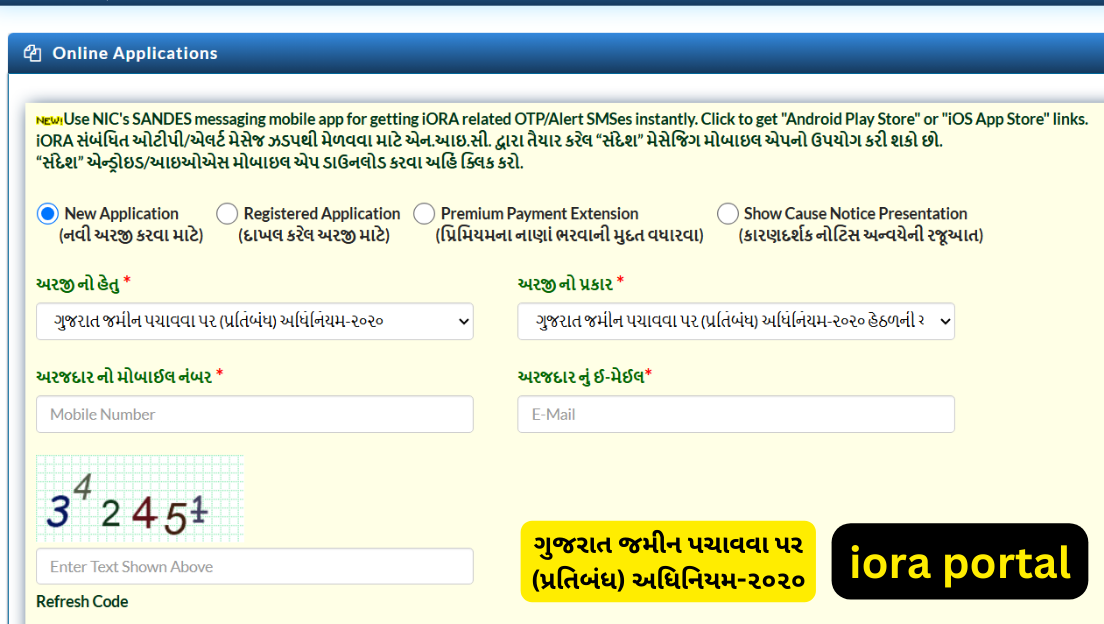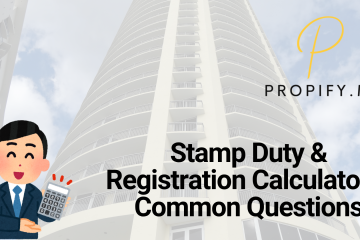
What to Do If Your Land Has Been Illegally Occupied by Someone?
What to Do If Your Land Has Been Illegally Encroached Upon?
What Constitutes Illegal Encroachment on Land?
Illegal encroachment refers to the unauthorized occupation or use of land that legally belongs to someone else. This can include:
- Constructing structures on another's property without permission.
- Extending boundaries beyond legal limits.
- Using land for personal gain without the owner's consent.
Understanding the nature of encroachment is crucial for taking appropriate action.
How Can You Identify Unauthorized Possession of Your Land?
Identifying encroachment involves:
- Physical Inspection: Regularly visiting your property to check for unauthorized activities.
- Boundary Verification: Comparing current boundaries with official land records.
- Monitoring Activities: Keeping an eye on any construction or usage that seems unauthorized.
Early detection is key to addressing encroachments effectively.
What Immediate Steps Should You Take Upon Discovering Encroachment?
Upon discovering encroachment:
- Document Evidence: Take photographs and gather any physical evidence of the encroachment.
- Consult Legal Experts: Seek advice from property law professionals.
- Notify Authorities: Inform local municipal or panchayat authorities about the issue.
- File a Complaint: Use official channels like the iORA portal to lodge a formal complaint.
Prompt action can prevent further complications.
How to File a Complaint Through the iORA Portal?
The Integrated Online Revenue Applications (iORA) portal facilitates online applications related to land issues in Gujarat.
Steps to file a complaint:
- Visit the iORA Portal: Navigate to iora.gujarat.gov.in.
- Access Online Applications: Click on the 'Online Application' section.
- Select Appropriate Service: Choose the service – ગુજરાત જમીન પચાવવા પર (પ્રતિબંધ) અધિનિયમ-૨૦૨૦.
- Fill in Details: Provide accurate information about the land and the nature of the encroachment.
- Upload Documents: Attach necessary documents to support your complaint.
- Submit Application: Review and submit your application.
Ensure all information is accurate to facilitate a smooth process.
What Documents Are Required for Filing a Complaint?
When filing a complaint, you may need:
- Proof of Ownership: Land title deeds or registration documents.
- Identification Proof: Aadhar card, PAN card, or other valid ID.
- Encroachment Evidence: Photographs, witness statements, or other relevant evidence.
- Supporting Documents: Any additional documents that support your claim.
Having these documents ready can expedite the complaint process.
What Happens After Submitting the Complaint?
After submission:
- Acknowledgment: You receive a confirmation of your complaint.
- Verification: Authorities verify the details and evidence provided.
- Inspection: An on-site inspection may be conducted.
- Action: Based on findings, appropriate legal or administrative actions are taken.
Stay in touch with the authorities for updates on your complaint.
What Legal Actions Can Be Taken Against Encroachers?
Legal actions may include:
- Eviction Notices: Issued to the encroacher to vacate the land.
- Filing FIR: Lodging a First Information Report with the police.
- Civil Suits: Initiating legal proceedings to reclaim possession.
- Compensation Claims: Seeking compensation for damages incurred.
Consult with legal professionals to determine the best course of action.
How Can You Prevent Future Encroachments?
Preventive measures include:
- Regular Monitoring: Keep an eye on your property, especially if it's unoccupied.
- Clear Demarcation: Mark boundaries clearly to avoid disputes.
- Legal Fencing: Install fences or walls where permissible.
- Community Engagement: Stay informed about local developments that may affect your property.
Proactive steps can safeguard your property rights.












